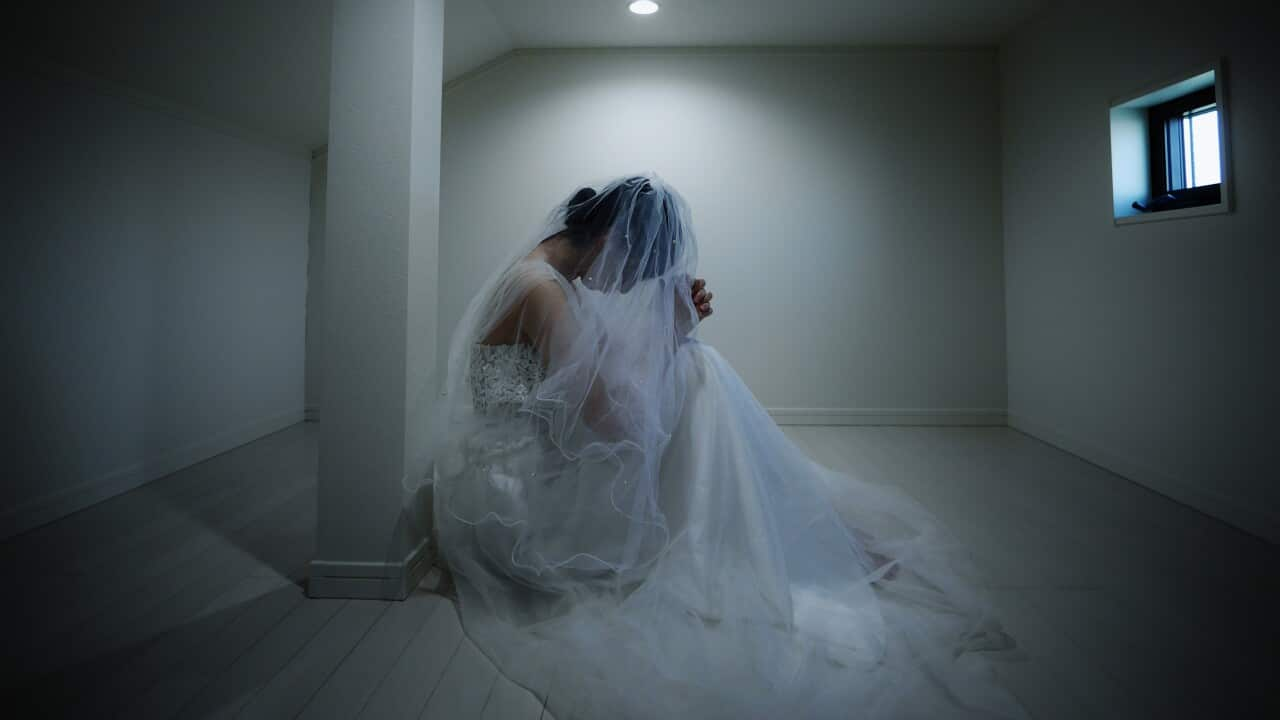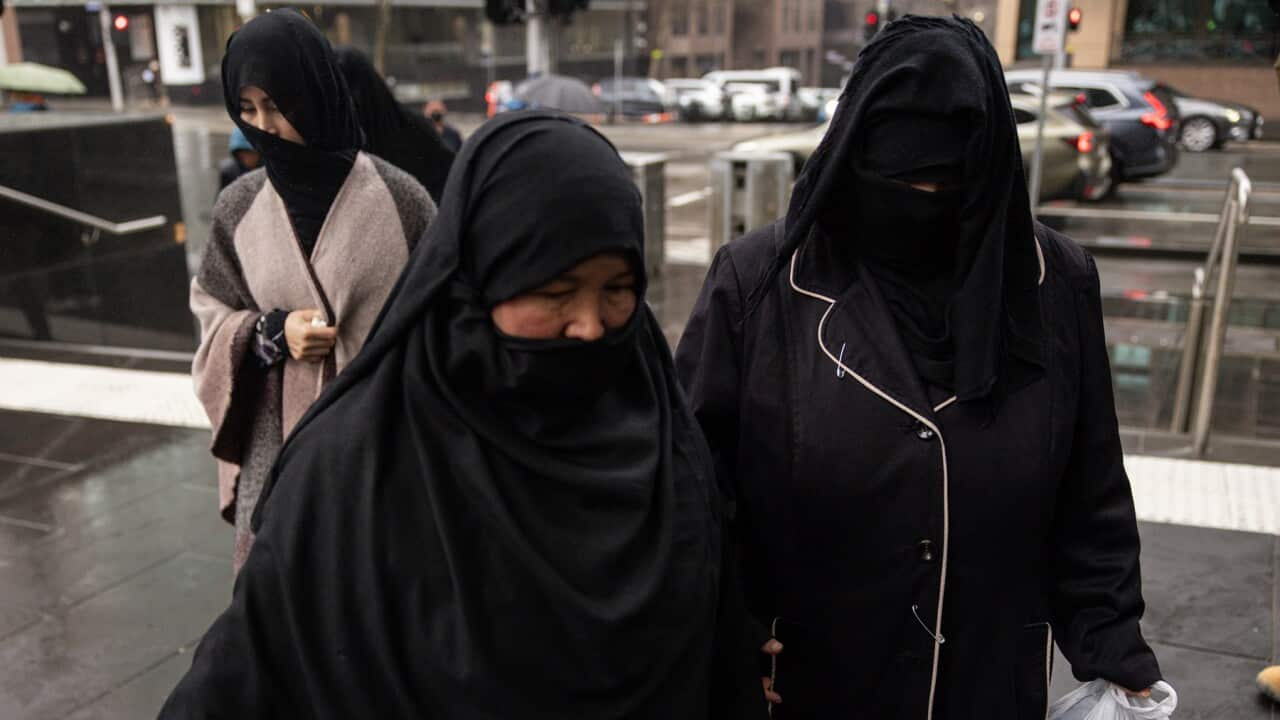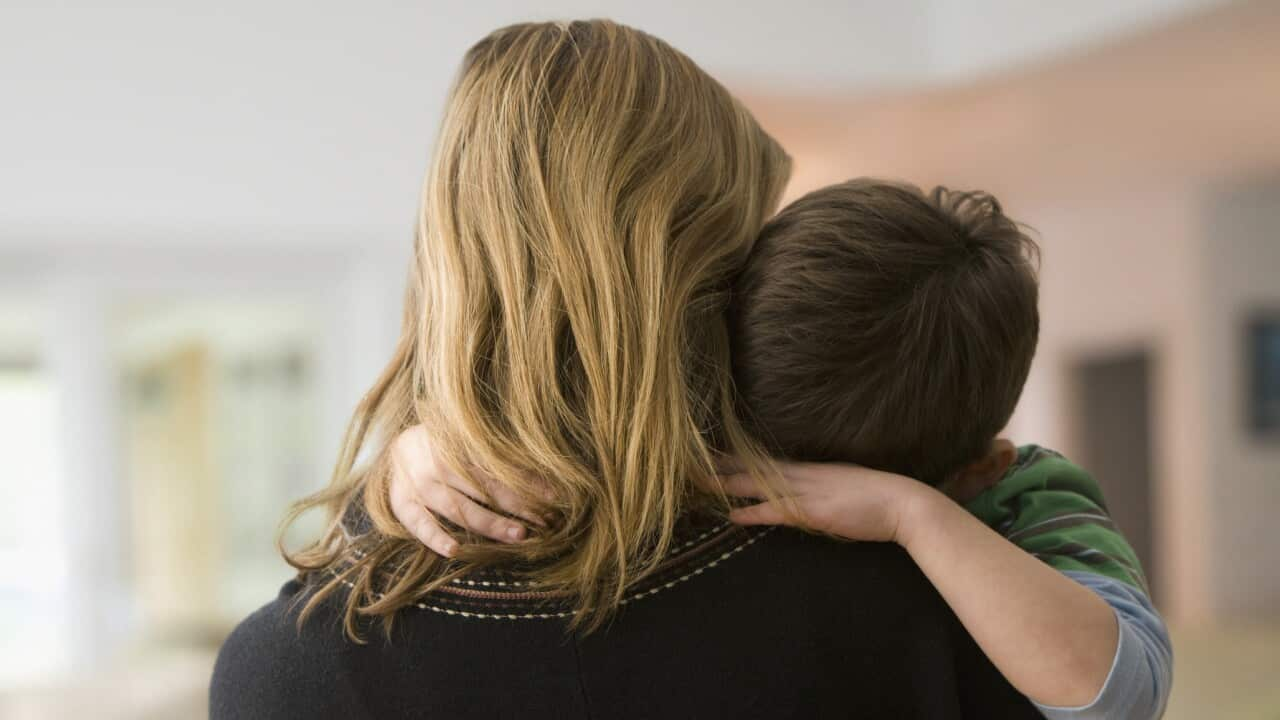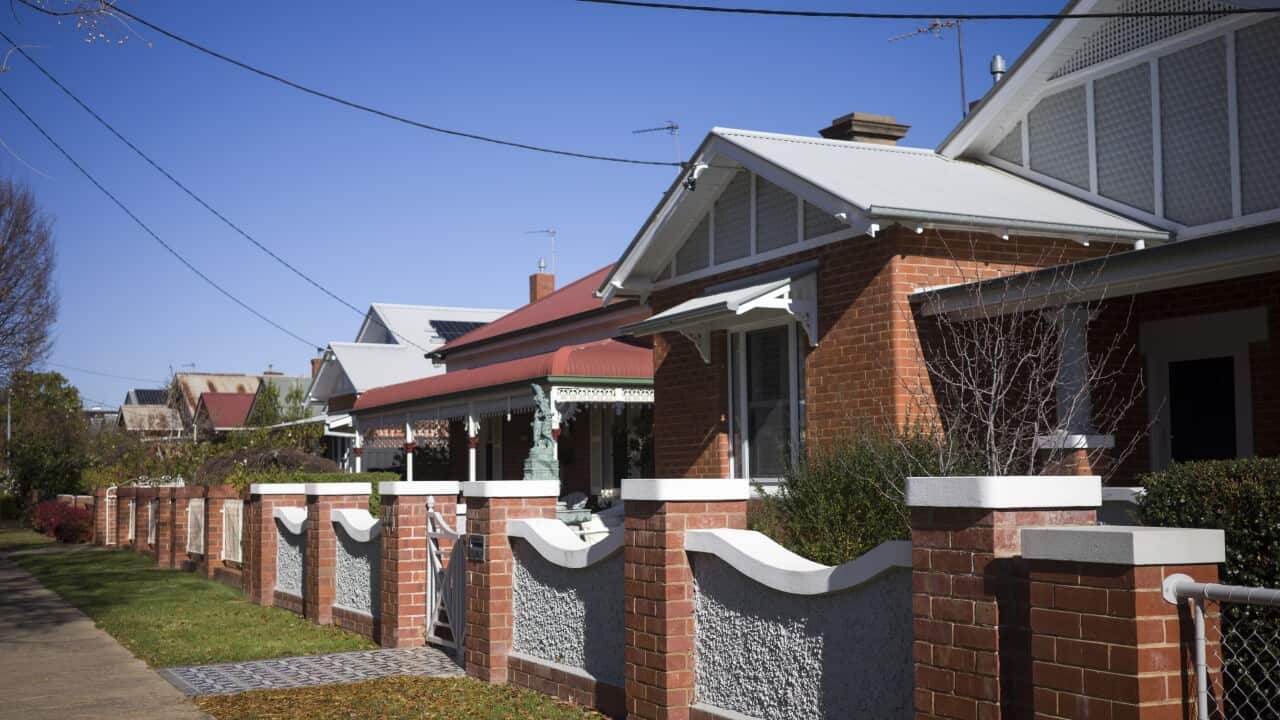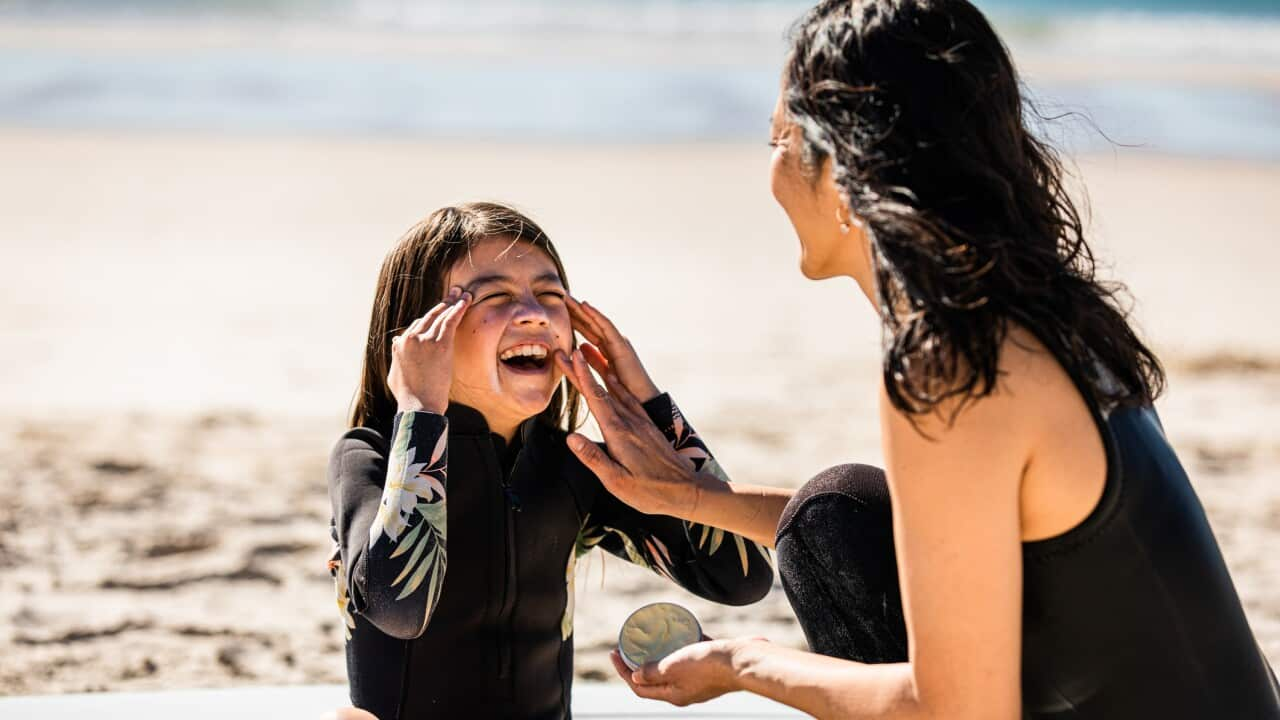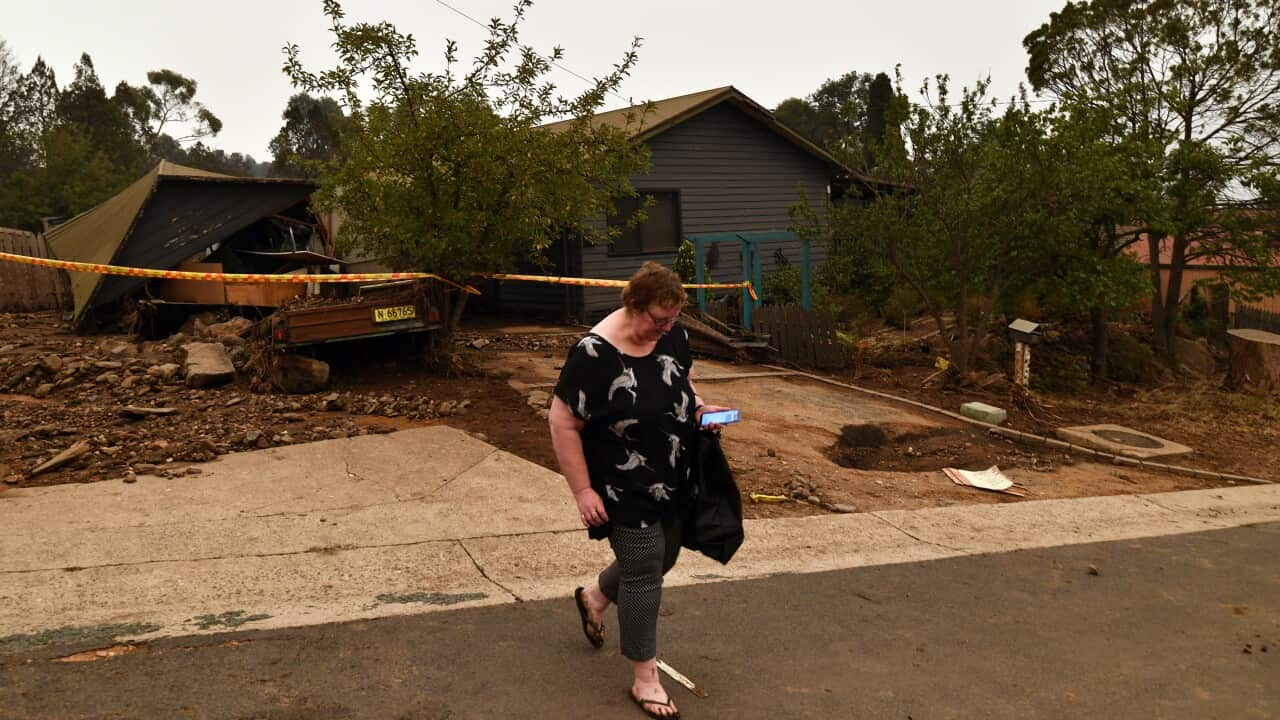Key Points
- The difference between arranged marriages and forced marriages is consent.
- Forced marriage is considered a commonwealth crime under the Crimes Legislation Amendment Act of 2013.
- Forced marriage can impact anyone—young or old, women or men, from various cultural or religious backgrounds.
- What is the difference between arranged and forced marriage?
- What are the legal consequences of a forced marriage in Australia?
- What are some of the reasons behind forced marriage?
- What is the support available in Australia for those facing forced marriage?
- What can communities do to prevent forced marriages?
- What are the common signs of forced marriage?
Content warning: This article discusses forced marriage. It may be distressing for some audiences.
A lot of people assume forced marriage happens overseas only. The truth is, it can and does happen here in Australia.
The Australian Federal Police responded to 91 reports of forced marriages in 2023-24, making up nearly a quarter of all human trafficking cases that year.
What is the difference between arranged and forced marriage?
In some cultures, arranged marriages are common, but the key difference from forced marriages is consent. In an arranged marriage, both individuals agree, often with the involvement of their families.
In a forced marriage, one or both individuals do not freely consent to —sometimes due to threats, coercion, deception, or being under 16 or those with mental incapacities.
Ms Kudzayi Nhatarikwa, Red Cross's Migration Support Programs Adviser, explains that if at any stage there is coercion, threats, manipulation, or deception pressuring someone to marry, it's no longer an arranged marriage.
"It becomes a forced marriage. So, it's important to highlight those differences because often people are confused. Even people that have experienced forced marriage at the time, they believe it is an arranged marriage," Ms Nhatarikwa says.
She states that forced marriage can impact anyone—young or old, women or men, from various cultural or religious backgrounds. Forced marriage is recognised as a global issue and is also a significant humanitarian concern here in Australia.
"In Australia, it is recognised as a form of modern slavery and slavery like practice. And it is not limited to any particular cultural group, a religious group, ethnicity or nationality or age or gender. It can affect anyone. So, it cuts across or cultures," Ms Nhatarikwa says.
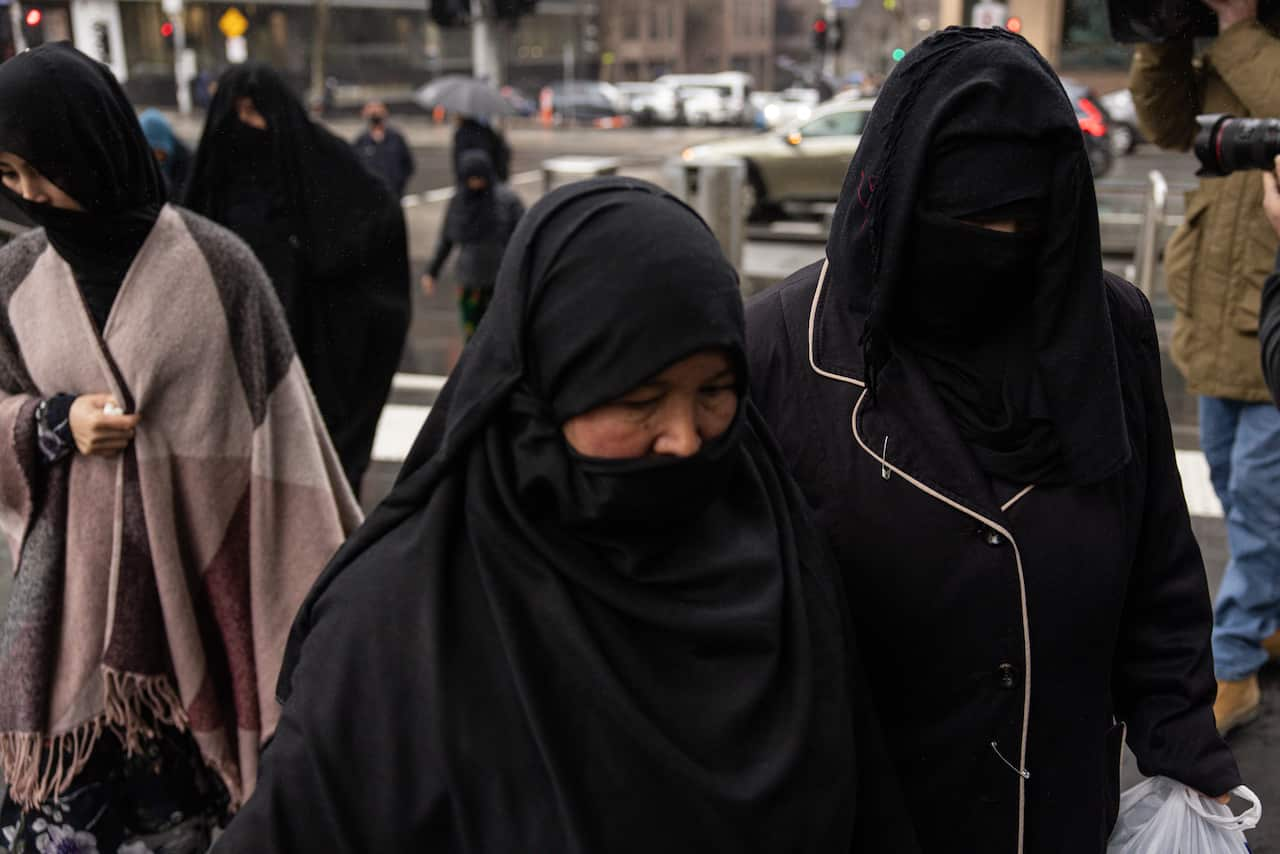
What are the legal consequences of a forced marriage in Australia?
In Australia, forced marriage is not just a family matter—it's a crime.
Panos Massouris, Director of Immigration Services and Forced Marriages Program at Life without Barriers, explains that forced marriage is considered a commonwealth crime under the Crimes Legislation Amendment Act of 2013. This legislation applies to cases occurring in Australia where an individual is taken overseas.
"As a commonwealth offense, the Australian Federal Police has been investigating oversight of forced marriages, and the crime of forced marriage can apply to civil marriages, cultural, religious ceremonies, and registered relationships," Mr Massouri states.
What are some of the reasons behind forced marriage?
Forced marriage most often affects young women and girls, especially those aged 14 to 18. Ms Nhatarikwa explains that the reasons behind it vary widely, depending on individuals and circumstances.
"Forced marriage can occur in order to meet family and community expectations to maintain the traditional gender roles. Or to strengthen family or community at times or continued traditions at times. What we have seen as well is that parents or those who are facilitating the forced marriage believe that they're doing what's best for the young person, even though, it's harmful. They believe that it's their role to choose what's best," Ms Nhatarikwa says.
Hana Assafiri is a Melbourne-based social activist and feminist.
In 2017, she was recognised in the Victorian Honour Roll of Women for her contributions to social change and women's empowerment. She was also awarded the Order of Australia Medal (OAM) in 2019.
She published her first book in 2024, titled Hana: The Audacity to be Free, reflecting on childhood in war-torn Lebanon and Australia, her escape from a marriage she didn't choose, and her journey of self-reinvention at twenty.
"For me, I was very young in Australia, and my marriage, although it wasn't forced per se, it felt as though it was the only option available to me. So how much of that is coercion? How much of that is a consequence of a set of circumstances? That led me into thinking at 15 that marriage is the option for freedom, dignity, respect and getting myself out of harm's way. So, they were some of the conditions for me as to why the arranged marriage, per se, became an option," Ms Assafiri says.
What is the support available in Australia for those facing forced marriage?
Anyone at risk of forced marriage has several avenues of support.
Ms Nhatarikwa explains that the Red Cross has been supporting people affected by forced marriage since 2014.
"If you are worried about a friend, family member, colleague, or someone you know that might be at risk of or experiencing a marriage and want to receive confidential advice in how to get help, you can contact Red Cross by calling 1-800-113-015 or sending us an email to national_stpp@redcross.org.au," Ms Nhatarikwa adds.
From January 2025, Australia introduced a new Forced Marriage Specialist Support Program (FMSSP) offering prevention and early intervention support. Individuals can self-refer to that new program, and they can contact FMSSP on 1800 403 213 or visit their website.
Ms Nhatarikwa emphasises that if someone is in immediate danger and needs urgent assistance, they should call the police by dialling Triple Zero (000).

In other situations, if someone is at risk of a forced marriage or is concerned about another person's situation, they can contact the Australian Federal Police (AFP) on 131 237 or complete a reporting form online.
For those who are at risk of forced marriage who do not wish to report to the police, support is available through the Salvation Army.
Ms Nhatarikwa explains that eligibility is assessed through this program.
To access assistance, you can contact the Salvation Army at 1300 473 560 or visit their website.
She also highlights My Blue Sky, Australia's national service offering information on forced marriage, as well as legal and migration advice for those at risk or affected.
My Blue Sky and can be contacted by calling 02 9514 8115, sending an SMS to 0481 070 844, or emailing: help@mybluesky.org.au.
"My Blue Sky is delivered by Anti-Slavery Australia. It's free, it's confidential, so individuals or community members or anyone who is concerned can go on their website. They can be reached via telephone or email or text message as well," Ms Nhatarikwa adds.
What can communities do to prevent forced marriages?
Recognising the signs of forced marriage is key to prevention, early intervention, and accessing support.
As part of efforts to combat human trafficking, the Australian Centre to Counter Child Exploitation (ACCCE), led by the Australian Federal Police (AFP), has urged school communities to be vigilant about signs of children being forced into marriage, as forced marriages are the most reported human trafficking offences in Australia.
In a media release, AFP Commander of Human Exploitation, Helen Schneider, outlines common signs of forced marriage that can help identify individuals who may be affected.
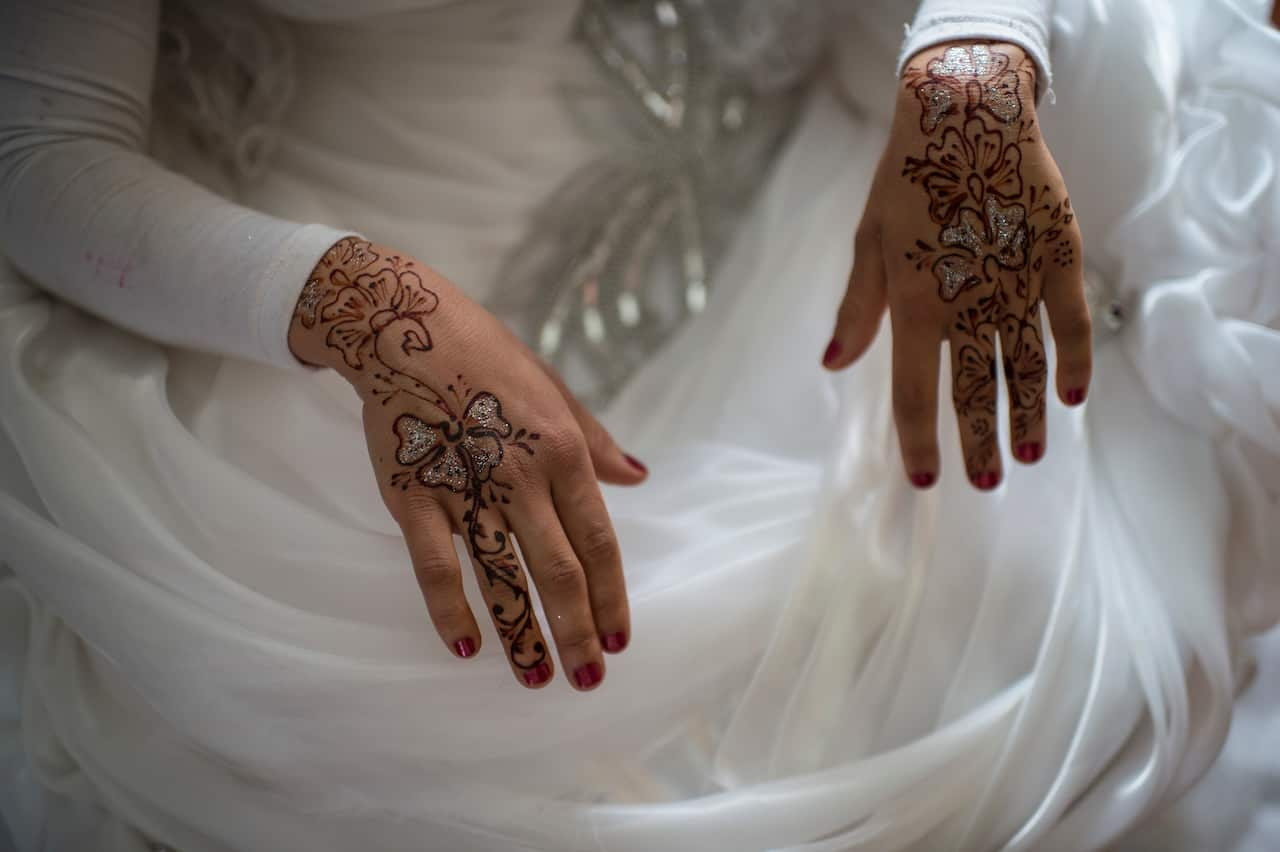
What are the common signs of forced marriage?
- Have a family history of elder siblings leaving education early, marrying early or indicating concerns of an early marriage.
- Be highly controlled by family or community members in and outside of the home, including being the target of surveillance; always accompanied; limited or no control of finances; limited or no control over life decisions, education, and career choices.
- Have communications monitored or restricted.
- Express concern regarding an upcoming family holiday or overseas travel.
- Demonstrate feelings of conflict or concern for the ramifications if they do not go ahead with an agreed marriage or engagement; and
- Express concern about physical or psychological violence for not fulfilling family or community expectations.
Ms Hana Assafiri emphasises that no one should ever be forced or coerced into marriage. She urges young women who are in such a situation to seek help and utilise the resources available in Australia.
“Never, is it okay? Never is it okay? to coerce or force anybody in any culture, religion, or creed, or society, the best and most fulfilling unions are with informed consent, where people understand and arrive at it from a place of independence and informed decision-making,” Ms Assafiri says.
If you or someone you know is impacted by family and domestic violence, call 1800RESPECT on 1800 737 732, text 0458 737 732, or visit 1800RESPECT.org.au. In an emergency, call 000.
The Men’s Referral Service, operated by No to Violence, can be contacted on 1300 766 491.
Subscribe to or follow the Australia Explained podcast for more valuable information and tips about settling into your new life in Australia.
Do you have any questions or topic ideas? Send us an email to australiaexplained@sbs.com.au.
